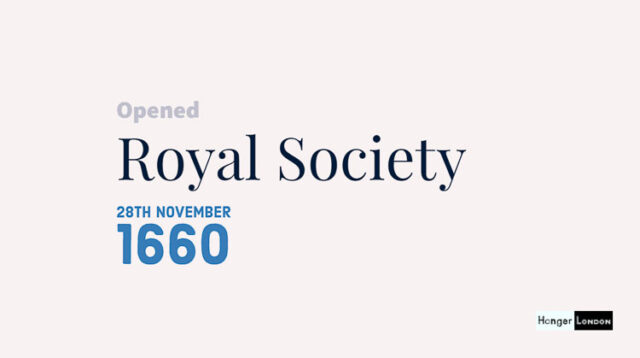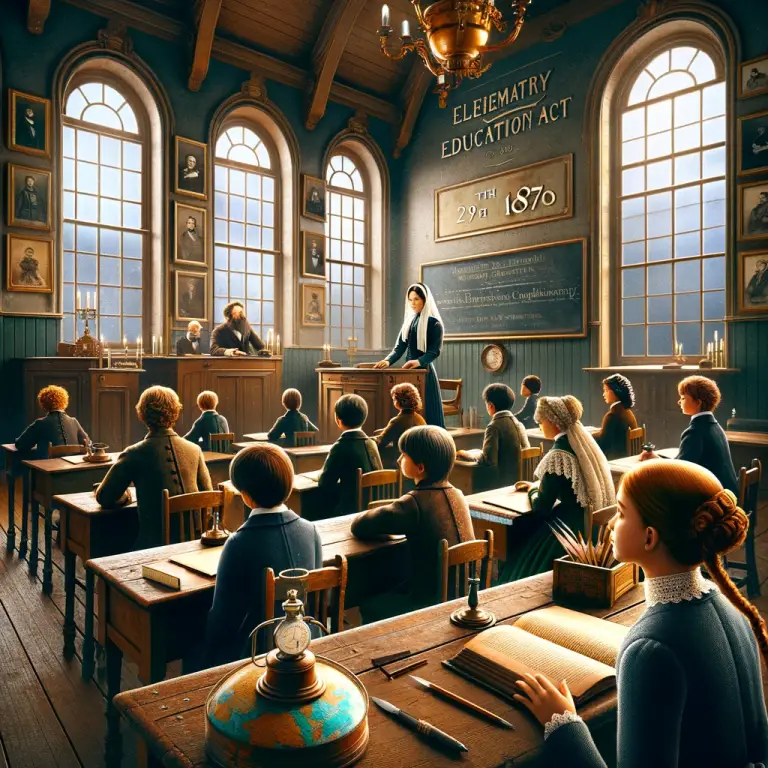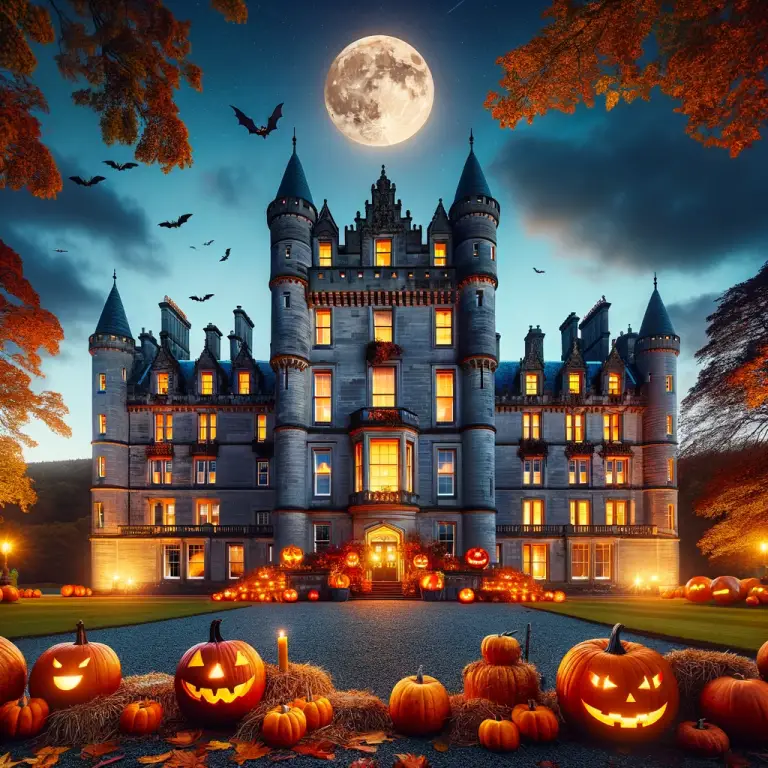What is the oldest Scientific Society in the world?
A member may add the letters FFS letters to their title? Opening in 1660 by Royal Charter?
Granted by Royal Charter, King Charles II The Royal Academy in the United Kingdom and Commonwealth Academy of Sciences. The members of the society are known as Fellows, 54 new Fellows join approximately every year making around 1600 Fellows in total. The Society is governed by a council which in itself is elected from the members. Fellows can write against their name FFS (Fellow of the Royal Society)
The Royal Society has been based at Carlton House Terrace since 1967 (former German Embassy)
Former Presidents of the Royal Society
1662-1677 |
Civil servant and politician |
William Brouncker, 2nd Viscount Brouncker |
1677–1680 |
Architect, astronomer, and physicist |
Sir Joseph Williamson |
1680–1682 |
Lawyer |
Sir Christopher Wren |
1682–1683 |
Lawyer and politician |
Sir John Hoskyns, Bt |
1683–1684 |
Naval administrator and Member of Parliament |
Cyril Wyche |
1684–1686 |
Politician |
Samuel Pepys |
1686–1689 |
Politician |
The Earl of Carbery |
1689–1690 |
Diplomat |
The Earl of Pembroke |
1690–1695 |
Poet and statesman |
Sir Robert Southwell |
1695–1698 |
Jurist and statesman |
Charles Montagu |
1698–1703 |
Physicist, mathematician, astronomer, natural philosopher, alchemist, and theologian |
The Lord Somers |
1703–1727 |
Physician and collector |
Sir Isaac Newton |
1727–1741 |
Antiquarian |
Sir Hans Sloane, Bt |
1741–1752 |
Astronomer |
Martin Folkes |
1752–1764 |
Astronomer and a representative peer |
The Earl of Macclesfield |
1764–1768 |
Legal reporter |
The Earl of Morton |
1768-1768 |
Politician and antiquarian |
James Burrow |
1768–1772 |
Legal reporter |
James West |
1772-1772 |
Physician |
James Burrow |
1772–1778 |
Naturalist and botanist |
Sir John Pringle |
1778–1820 |
Chemist |
Sir Joseph Banks |
1820-1820 |
Chemist and inventor |
William Hyde Wollaston |
1820–1827 |
Engineer, author and politician |
Sir Humphry Davy, Bt |
1827–1830 |
Sixth son of George III of the United Kingdom |
Davies Gilbert |
1830–1838 |
Nobleman |
HRH The Duke of Sussex |
1838–1848 |
Astronomer |
The Marquess of Northampton |
1848–1854 |
Astronomer |
The Earl of Rosse |
1854–1858 |
Physiologist and surgeon |
The Lord Wrottesley |
1858–1861 |
Astronomer, geophysicist, ornithologist and explorer |
Sir Benjamin Collins Brodie, Bt |
1861–1871 |
Mathematician and astronomer |
Sir Edward Sabine |
1871–1873 |
Botanist and explorer |
Sir George Biddell Airy |
1873–1878 |
Mathematician and physicist |
Sir Joseph Dalton Hooker |
1878–1883 |
Biologist |
William H. Spottiswoode |
1883–1885 |
Mathematician and physicist |
Thomas Henry Huxley |
1885–1890 |
Mathematical physicist |
Sir George Stokes |
1890–1895 |
Surgeon |
Sir William Thomson |
1895–1900 |
Astronomer |
The Lord Lister |
1900–1905 |
Physicist |
Sir William Huggins |
1905–1908 |
Geologist and writer |
The Lord Rayleigh |
1908–1913 |
Chemist and physicist |
Sir Archibald Geikie |
1913–1915 |
Physicist |
Sir William Crookes |
1915–1920 |
Neurophysiologist, histologist, bacteriologist, and pathologist |
Sir Joseph John Thomson |
1920–1925 |
Physicist and chemist |
Sir Charles Scott Sherrington |
1925–1930 |
Biophysicist |
The Lord Rutherford of Nelson |
1930–1935 |
Physicist, chemist and mathematician |
Sir Frederick Gowland Hopkins |
1935–1940 |
Pharmacologist and physiologist |
Sir William Henry Bragg |
1940–1945 |
Organic chemist |
Sir Henry Hallett Dale |
1945–1950 |
Electrophysiologist |
Sir Robert Robinson |
1950–1955 |
Physical chemist |
The Lord Adrian |
1955–1960 |
Pharmacologist and pathologist |
Sir Cyril Norman Hinshelwood |
1960–1965 |
Physicist |
Sir Howard Florey |
1965–1970 |
Physiologist and Biophysicist |
Patrick Blackett (The Lord Blackett after 1969) |
1970–1975 |
Biochemist |
Sir Alan Lloyd Hodgkin |
1975–1980 |
Physiologist and biophysicist |
The Lord Todd |
1980–1985 |
Chemist |
Sir Andrew Huxley |
1985–1990 |
Mathematician |
Sir George Porter |
1990–1995 |
Chemist and biophysicist |
Sir Michael Atiyah |
1995–2000 |
Mathematical Biologist |
Sir Aaron Klug |
2000–2005 |
Cosmologist and astrophysicist |
Sir Robert May (The Lord May of Oxford after 2001) |
2005–2010 |
Geneticist and cell biologist |
The Lord Rees of Ludlow |
2010–2015 |
Biophysicist |
Sir Paul Nurse |
2015–present |
Nobel Prize for Chemistry |
Sir Venkatraman Ramakrishnan |
[mappress mapid=”47″]




